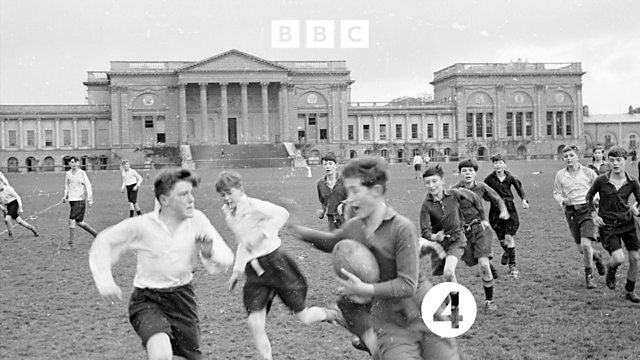Upon the Education of the People
Sathnam Sanghera explores the social and emotional after-effects of the 1944 Education Act.
Sathnam Sanghera explores the social and emotional after-effects of the 1944 Education Act.
One of the most important and influential pieces of domestic legislation in modern British history, the 1944 Education Act was overseen by RA Butler, the Conservative Education Secretary within the coalition government. Against the backdrop of war and a growing call for social reform the Butler Act, as it was sometimes called, revolutionised secondary education by splitting schools into Technical, Secondary Modern and Grammar.
Sounds dry and discrete; technocratic. But education is heavily freighted: it's emotional and deeply personal – and speaks volumes about who we are.
"Upon the education of the people of this country," Benjamin Disraeli said, "the fate of this country depends." And the 1944 Education Act proves his words. It aimed to effect social mobility and change society. The roll call of its beneficiaries reads like the index of a cultural history of Britain after the war.
The Act aimed to better reflect the nature of individual children, their true potential – in that, it was Manichean, a thing of winners and losers. As such there is another side to its coin. For every one 'winner' there were approximately four 'losers': in the 1960s 80% of children did not pass the 11+. And with that, critics might argue, they were consigned and compartmentalised.
Sathnam Sanghera hears from those who experienced both sides of the 1944 Act, for whom education is also implicitly about social mobility and friendship, class and ambition, belonging and fairness – and the character of our country.
With Joan Bakewell, Geoff Dyer, Gary McCulloch, Diane Reay and Michael Rosen.
Last on
More episodes
Previous
Broadcast
- Sat 4 Jan 2025 20:00���˿��� Radio 4

